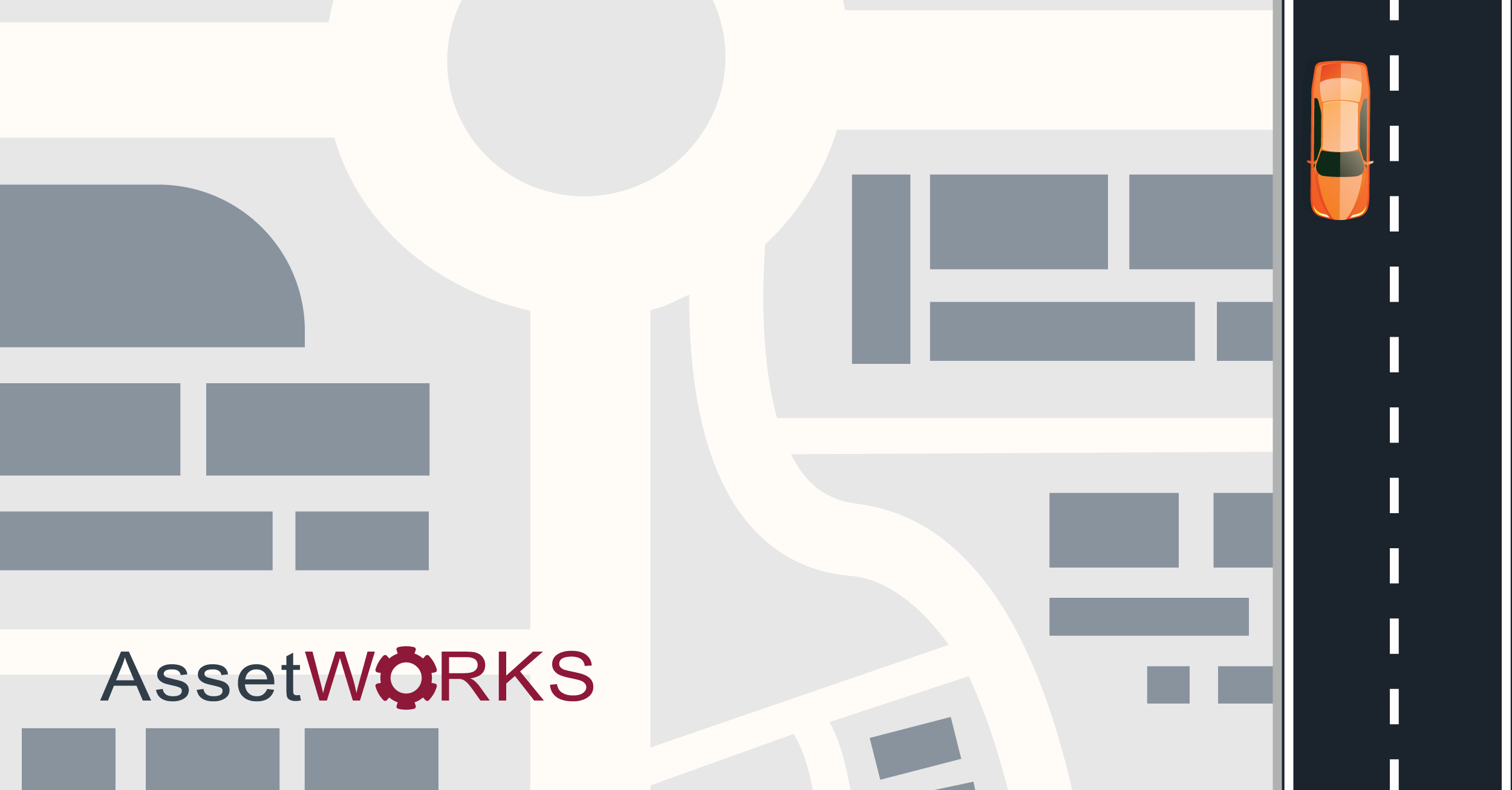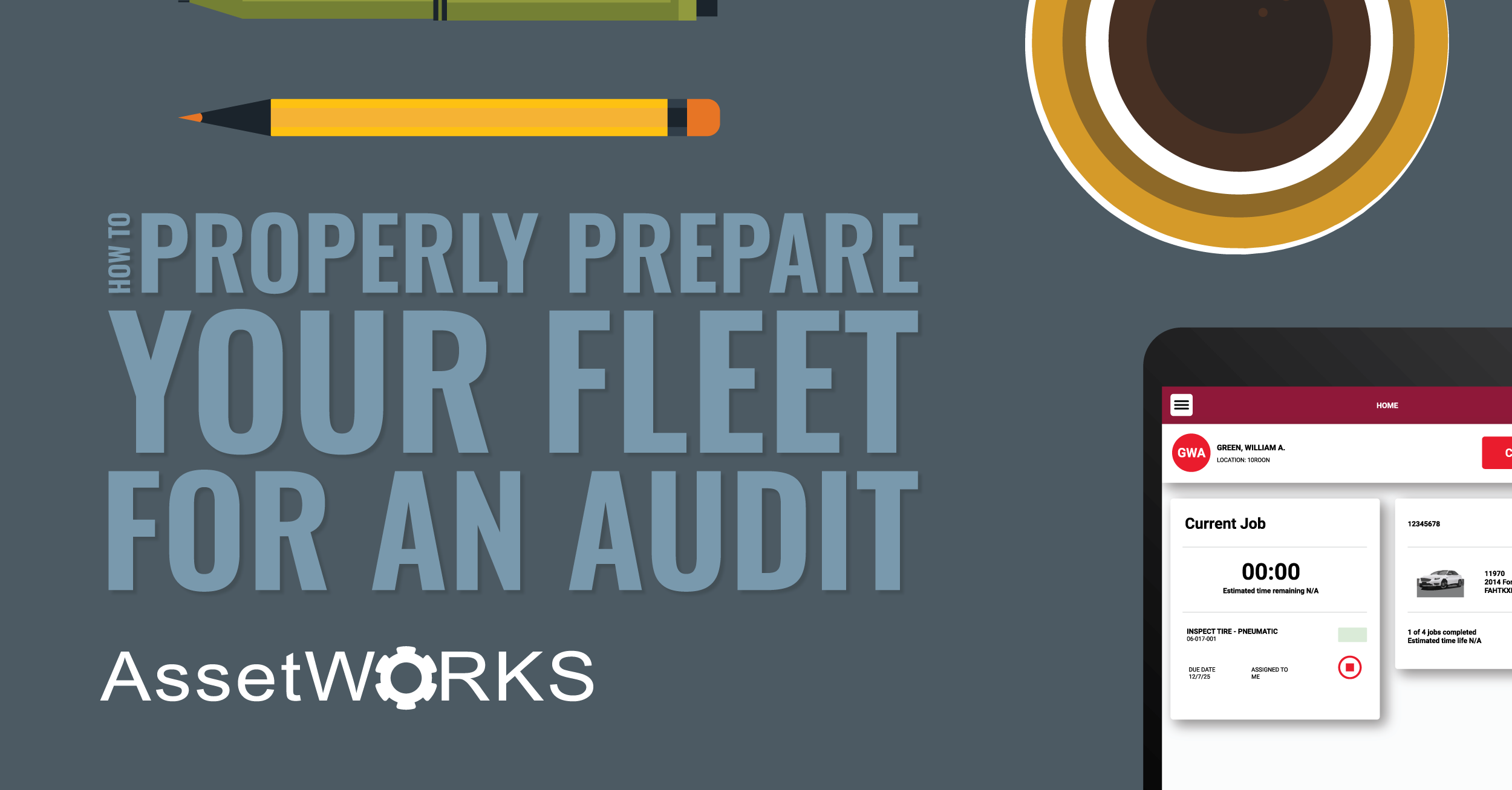You just ordered a last-minute item that must arrive by its estimated delivery date. Without a fleet manager, your delivery would either be delayed or not even delivered- as managers are responsible for planning the logistics of their fleet’s transportation. There is a lot more responsibility in being a fleet manager than ensuring items get delivered on time and are in charge of anything and everything in a fleet, so let’s break it down.
1. Retrieve Accurate Fleet Data
Data consumes most of the responsibilities of a fleet manager- specifically recording and maintaining data. With so much data, it can be risky for managers to sort through manually. For such a significant responsibility, managers favor utilizing fleet management software to retrieve the necessary data easily- as the software automatically collects accurate data.
2. Analyze Recorded Data
Fleet managers are also responsible for analyzing data so their fleet can increase provides and reduce costs. It is easy to miss something when analyzing data, so managers often implement data analysis software to have instant access to calculated operating rates, forecasted operating costs, labor equivalents, and more. If managers don’t have access to data analysis software, manually analyzing data can take weeks to calculate and is prone to errors.
3. Choose the Right Fleet of Vehicles
Managers are responsible for selecting the right vehicle for their fleet and determining how to finance them. Once a vehicle has reached the end of its life cycle, managers are responsible for compiling the vehicle’s history to calculate the best resale price.

4. Communicate Effectively
Fleet managers are responsible for ensuring there is effective communication between themselves, their team, and their clients. Effective communication means:
- Drivers have a complete understanding of their fleet managers’ expectations
- Fleet managers keep their clients and any other industry partners updated
- Fleet managers should emphasize a friendly work environment- making staff comfortable expressing observations
5. Create Maintenance Schedules
Fleet managers are also responsible for staying on top of vehicle maintenance for optimal vehicle performance. Depending on the type of fleet software the fleet has implemented, either the fleet manager manually has to schedule vehicle maintenance or their software can do the scheduling automatically.
6. Plan For Problems Before They Arise
There are a variety of issues that can arise that will prevent fleets from performing their service. Managers are responsible for devising situational plans, so operations are not disturbed when the following challenges arise:
- Vehicle Breakdowns
- Traffic Crashes
- Failed Inspections
- Travel Disturbances
7. Monitor Driver Behavior
Monitoring driver behavior helps managers remain aware of driving habits and keep their company successful. Fleet managers are responsible for providing their drivers with clearly communicated insight into how they track driving habits and why they track them. To tackle driving issues, managers share reports of how hard breaking, excessive idling, and acceleration impact operations. These reports generate through their telematics software.












